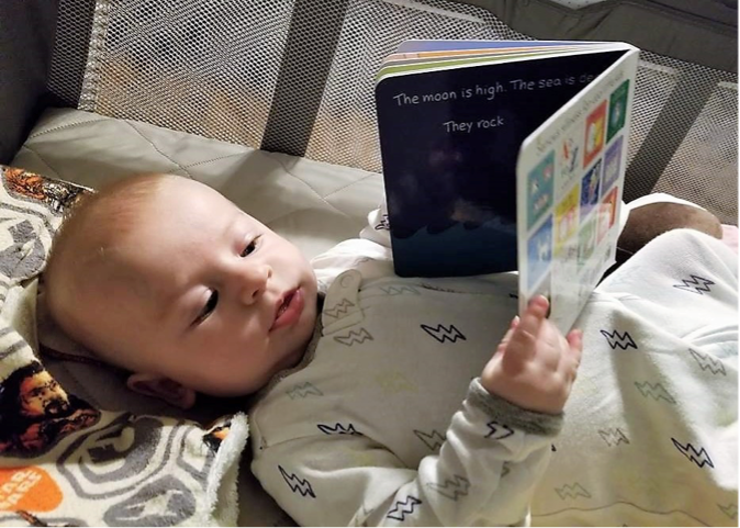The Marriage Penalty for Couples with Disabilities Forces a Choice – Love or Money?

Today is Valentine’s Day, a day to celebrate love. The age-old rhyme about love goes something like this, “Joe and Susie sitting in a tree, k-i-s-s-i-n-g, first comes love, then comes marriage, then comes Susie with a baby carriage.” But what if Joe and Susie are financially penalized for getting married? Couples with disabilities are confronted with the difficult decision of choosing between love and money.
People who receive Supplemental Security Income take a 25% cut if they marry. The maximum federal benefit for SSI is $943 in 2024. If two people receiving SSI benefits marry, they will jointly receive $1,415 instead of $1,886. No one ever accused me of being a math scholar, but that is a decrease of $471 a month if both people had been receiving the maximum amount. Facing that significant reduction in funds may force a couple to forego marriage.
The idea behind the decrease in monthly benefits for married couples is the theory that two people can live cheaper than one. That theory doesn’t hold true for people with disabilities. It does not take into account the complicated healthcare issues some people with disabilities experience. With the current rules, some people might lose Medicaid if they marry. For example, if a person with intellectual disabilities who is receiving SSI benefits marries someone who is not on SSI, they could face a loss of Medicaid benefits depending on the spouse’s income and assets. Medicaid is essential for people with intellectual disabilities. Medicaid covers services not covered by other health insurance plans, such as a personal care aid, certain durable medical equipment, medications, and transportation to medical appointments.
Choosing marriage despite the loss of benefits can be dangerous for those who depend on Medicaid for life-sustaining services. According to Robyn Powell, an associate professor of law at the University of Oklahoma, “There’s no rule or law that explicitly says disabled people can’t get married, but there are marriage penalties baked into existing benefit programs related to income. These rules prohibit people with disabilities from marrying not explicitly, but implicitly because they would no longer be eligible for benefits.”
The presence of intellectual disabilities does not prohibit the inherent right of a person to seek loving and fulfilling relationships. This might include romance, physical intimacy, and marriage. It might be heterosexual or homosexual relationships and marriages. Punishing those who choose marriage forces some into hiding their relationship.
People with intellectual disabilities have the legal right to marry. However, there is a societal stigma that causes some to be skeptical of people with disabilities exercising their right to marriage. There is a tendency to infantilize people with intellectual disabilities, to assume they are forever children and are asexual. Parents may have difficulties accepting that their adult children have the desire for romantic and physical intimacy. Some of the denial is out of a sense of protecting their adult child, and some of it is fear-based. They are allowed to get dressed up and go to Night to Shine once a year and be paired with “dates” for the night, but heaven forbid they have romance, sex (clutch the pearls), and marriage. It’s much easier to pretend people with intellectual disabilities don’t have the same desires and rights.
Even when those societal barriers are broken, the financial impact of marriage remains. The rules that financially penalize a person with disabilities if they marry are outdated. They originated in an era when people with disabilities were not expected to marry or have families. The assumption that people with disabilities won’t marry is an archaic idea that needs to be put in the past.
A bipartisan bill was recently introduced that would eliminate the marriage penalty. The legislation would require that a spouse’s income and resources and a person’s marriage status be disregarded when determining SSI eligibility for those with intellectual or developmental disabilities. Hopefully, justice will be done, and couples will no longer have to choose between love and money! If the bill passes, Joe and Susie can climb down from that kissing tree and apply for a marriage license!




 Welcome to Grand Life, the TulsaKids blog that explores the wonderful adventures of grandparenting! Join me and my grandchildren as we explore interesting activities and visit family friendly sites in Tulsa. This blog shares the joys and challenges of grandparenting as well as the various roles grandparents play in their grandchildren’s lives.
Welcome to Grand Life, the TulsaKids blog that explores the wonderful adventures of grandparenting! Join me and my grandchildren as we explore interesting activities and visit family friendly sites in Tulsa. This blog shares the joys and challenges of grandparenting as well as the various roles grandparents play in their grandchildren’s lives.








